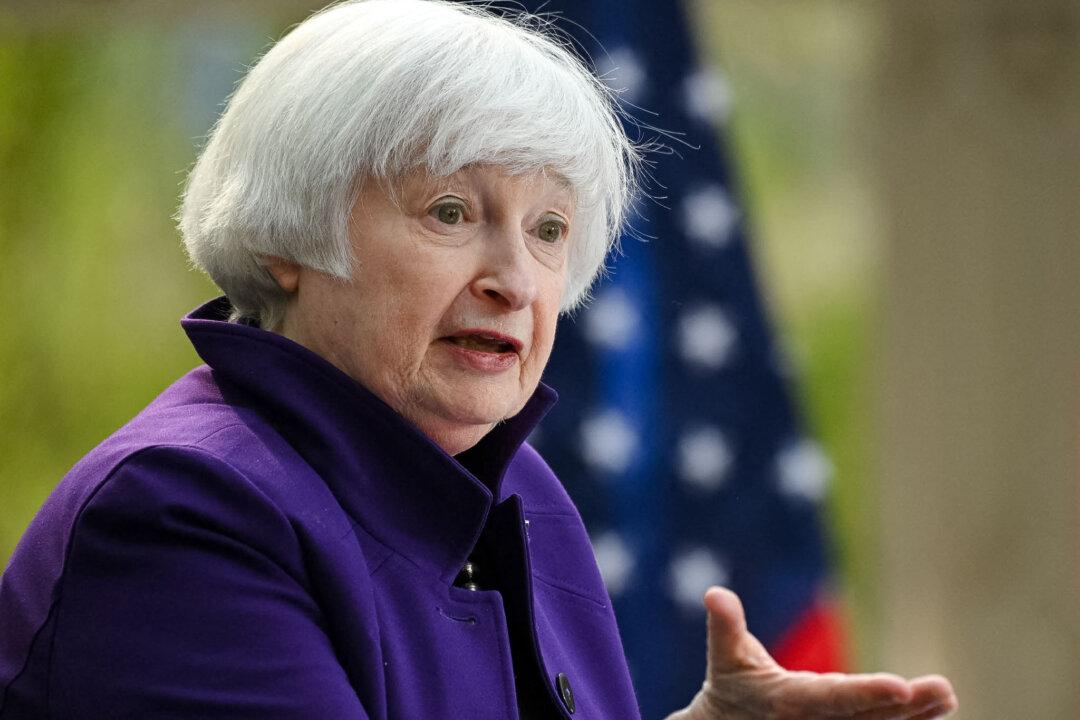Treasury Secretary Janet Yellen predicts that the U.S. economy will likely remain solid amid several weaker-than-expected jobs reports and after the stock market posted its worst week in months.
“We’re seeing less frenzy in terms of hiring and job openings, but we’re not seeing meaningful layoffs,” Yellen said during an event on Sept. 7, CNBC reported. “I’m attentive to downside risk now on the employment side, but what I think we’re seeing, and hope we will continue to see, is a good, solid economy.”





